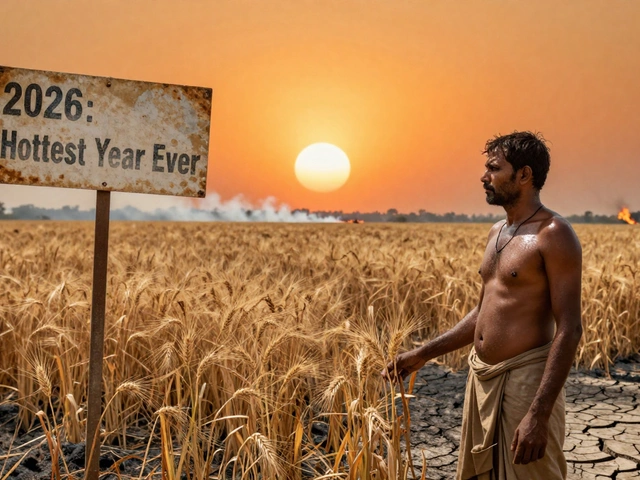Author: Naveen Bhardwaj - Page 2
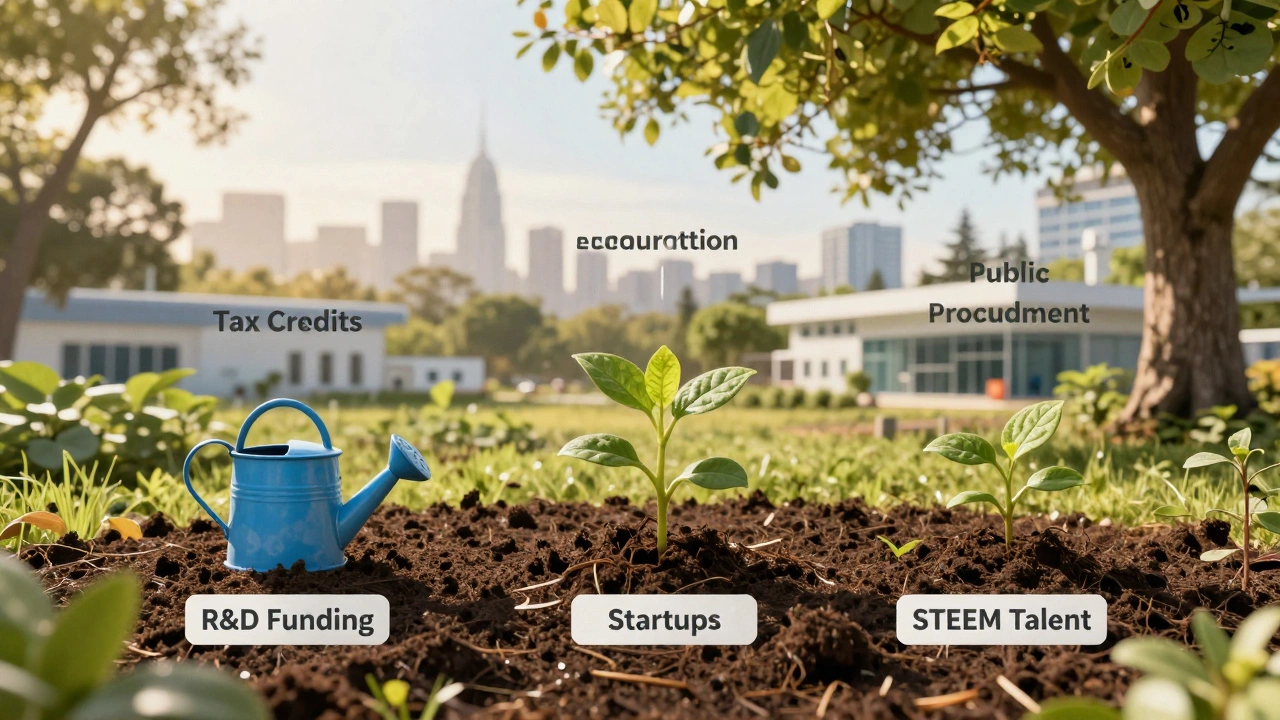
Innovation policy is how governments create the conditions for new technologies and businesses to grow. It includes funding, tax breaks, regulations, and education programs that turn ideas into real-world solutions.
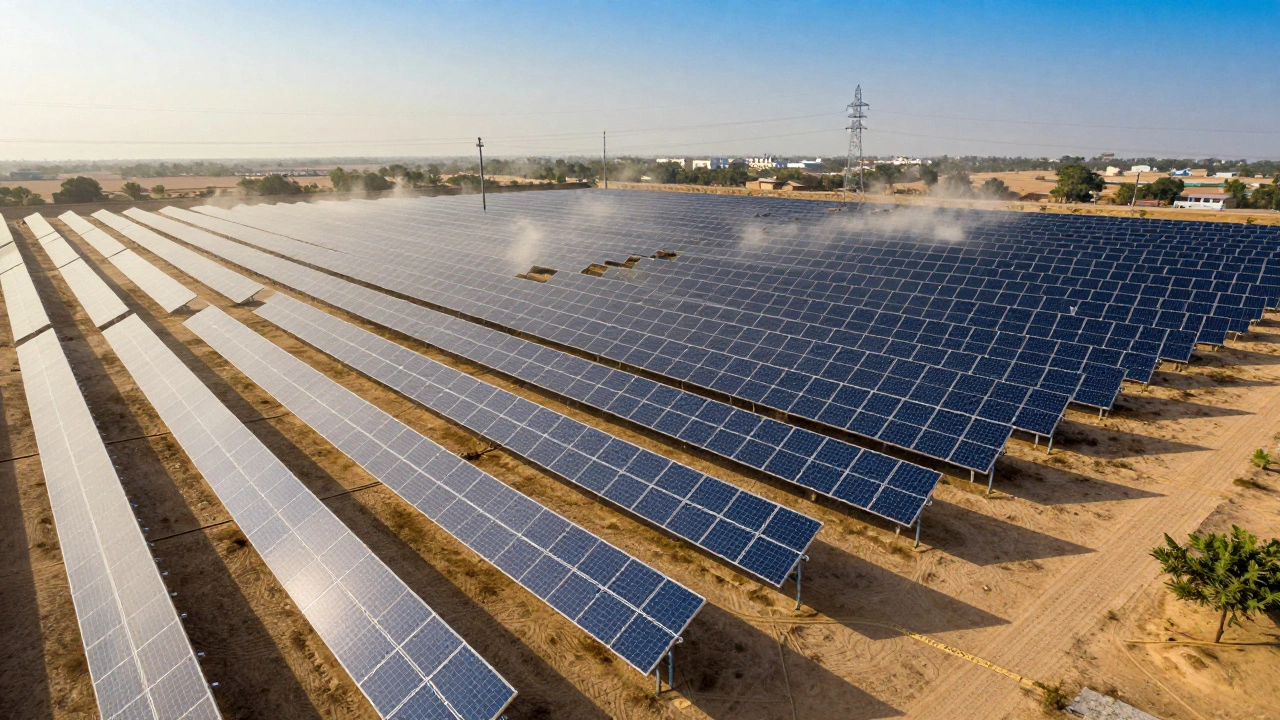
Solar power is the fastest growing renewable energy in the world, adding over 400 gigawatts in 2025 alone. Cheaper panels, better storage, and global investment are driving its rapid expansion across cities and remote areas alike.

A public health initiative is a planned effort to improve community health through prevention, education, and policy - not just medical treatment. Examples include clean water programs, smoking bans, and vaccination drives.

Learn the four principles of Taylor’s scientific management theory and how they shaped modern workplace efficiency, collaboration, and productivity - still relevant in today’s teams and workflows.

NASA's real name is National Aeronautics and Space Administration-no secrets, no hidden meanings. Learn the history behind the acronym and why it's not just a nickname, but the official legal name of the U.S. space agency.
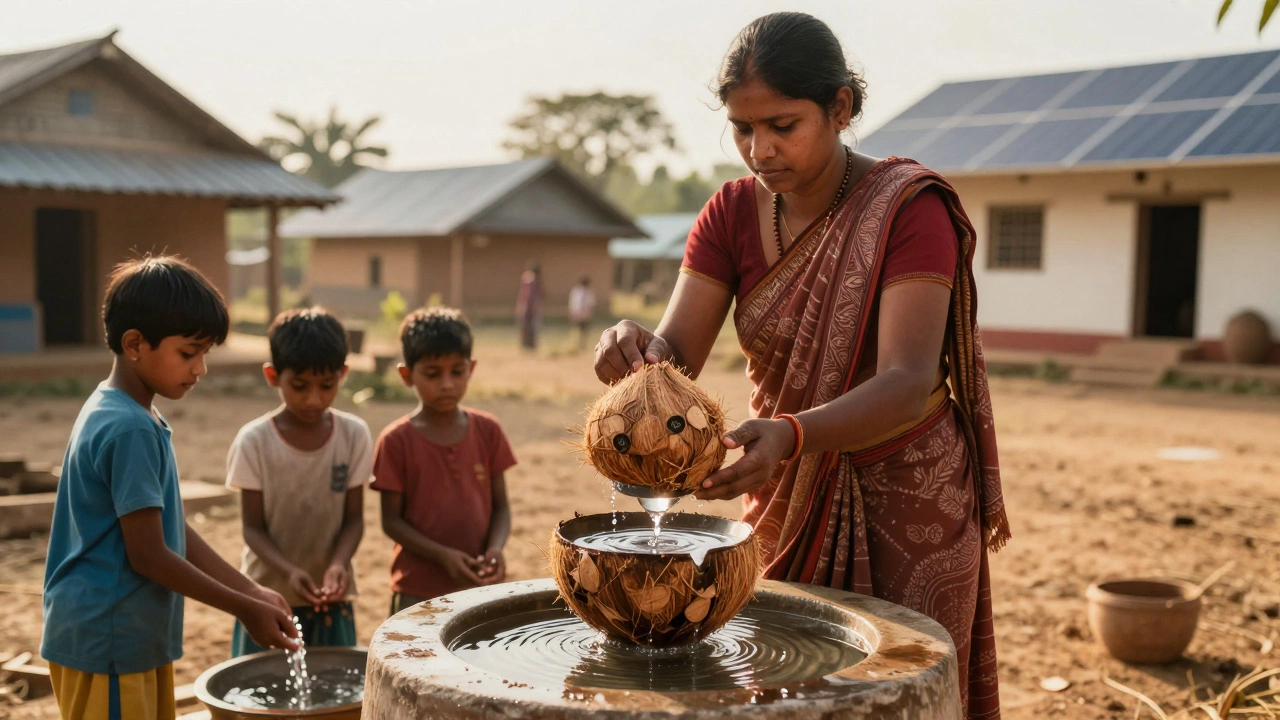
Learn the four major types of innovation - product, process, business model, and disruptive - and how they shape real-world change. Understand why innovation policy must support all four to drive lasting progress.

Nanotechnology offers breakthroughs in medicine and materials, but hidden risks include nanoparticle toxicity, environmental contamination, and weak regulation. Workers and ecosystems are already exposed-with long-term health effects still unknown.

The three P's of public health-Prevention, Promotion, and Protection-are the foundation of community wellness. Learn how vaccines, healthy environments, and safety laws work together to keep populations healthy.

Yes, there are powerful free AI apps available in 2025 that let you generate text, images, voice, and code without paying. Discover the top tools you can use right now with no credit card required.

Wood was once our main energy source, but today it's largely abandoned for power generation. Here's why-efficiency, pollution, deforestation, and better alternatives make it impractical for modern energy needs.

STEM classes teach more than science and math-they build problem-solving, teamwork, and critical thinking skills through hands-on projects that connect real-world challenges with science, technology, engineering, and math.
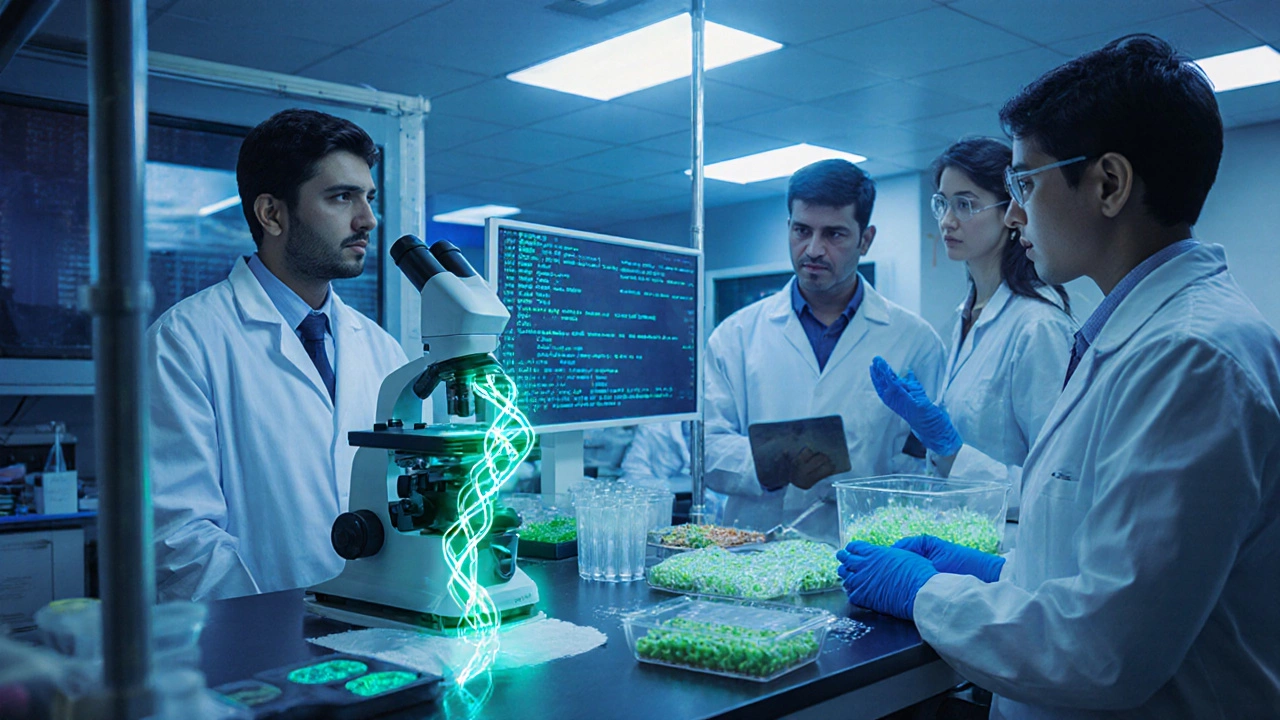
Modern biotechnology uses CRISPR, synthetic biology, and gene editing to transform medicine, agriculture, and the environment. Discover real applications in India today-from drought-resistant crops to affordable gene therapies.


